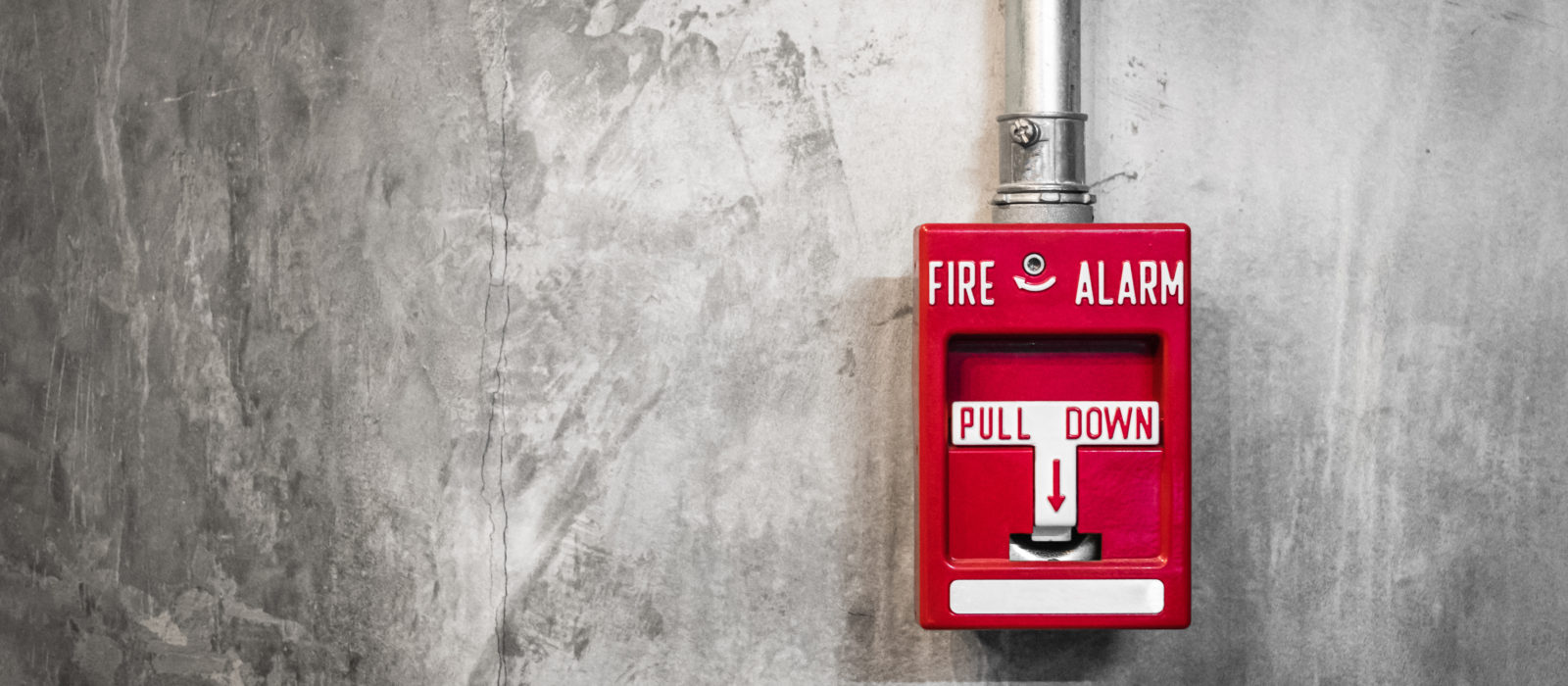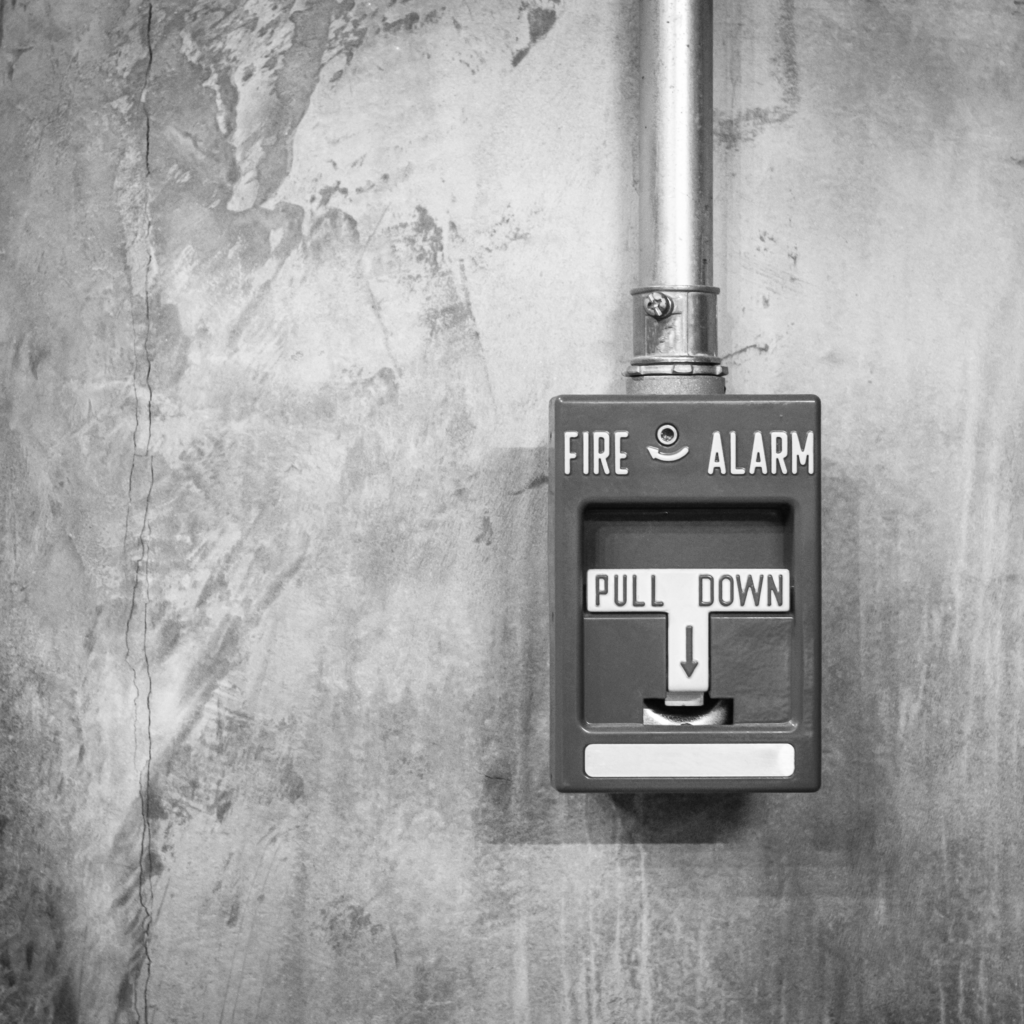
A long-standing rule of thumb has been three to six month’s worth of expenses. But that is a broad generalization without any consideration for personal circumstances.
An emergency fund may be the best way to protect your finances in a real crisis, and deserves a second look especially if your family or employment situation has changed recently.
Here are factors to consider when thinking about your emergency reserves.
YOUR JOB
Do you work for a well-established company, or are you self-employed or at a startup? Think about your job security and wage consistency. If you work for a highly economic sensitive company, freelance, or have seasonal employment, you may want to set aside more in reserves for dry spells of take-home pay or disruption in your pay cycle.
If you are a high income earner with a prestigious title, don’t be fooled into thinking you can save a lot less. More income likely means more lifestyle expenses, and it may also mean it would take you longer to find a similar high-paying job in a competitive field if you lost your current position.
YOUR FAMILY & DEPENDENTS
If you have a partner, kids or other family members who rely on your earnings power you may need to save more than a single person with no dependents. If there are no other sources of income in the household, the impact of a financial emergency could have a compounding effect when there are several lives to clothe, feed and shelter. Younger dependents, in particular, have added costs for health, dental, education, childcare and transportation.
YOUR FIXED EXPENSES
Did you just take out a large new mortgage, or are you a few months away from paying it off? How your expenses change as your life evolves can impact how prepared you are for an emergency. A proper emergency fund could be a cushion in tough times that overlap peak spending mid-life on a home, cars, kids’ education, insurance premiums, and income taxes. On the other hand, if you are living off the fruits of your labor in retirement and no longer have debts to service or kids to put through college, the focus on reserves might be more for health and long-term care services and how much of those expenses you need to cover out-of-pocket.
YOUR HEALTH
Surprise health events can result in unexpected bills, often at a time when one is already stressed. You should be aware if your health insurance plan has a high deductible that you would need to fund on your own. A Health Savings Account might be an option for some to help be prepared. A chronic illness that might require a leave of absence from work could mean tapping cash reserves, depending on your access to disability insurance.
Three to six months’ worth of living expenses is a reasonable starting point, from which you can customize based on your own situation. Consider a larger emergency fund if you have a specialized or volatile career, high fixed expenses, dependents, and health risks. On the other hand, you may be able to get by with a smaller reserve fund if you have a large degree of flexibility in your living situation and varied sources of income to support expenses.

